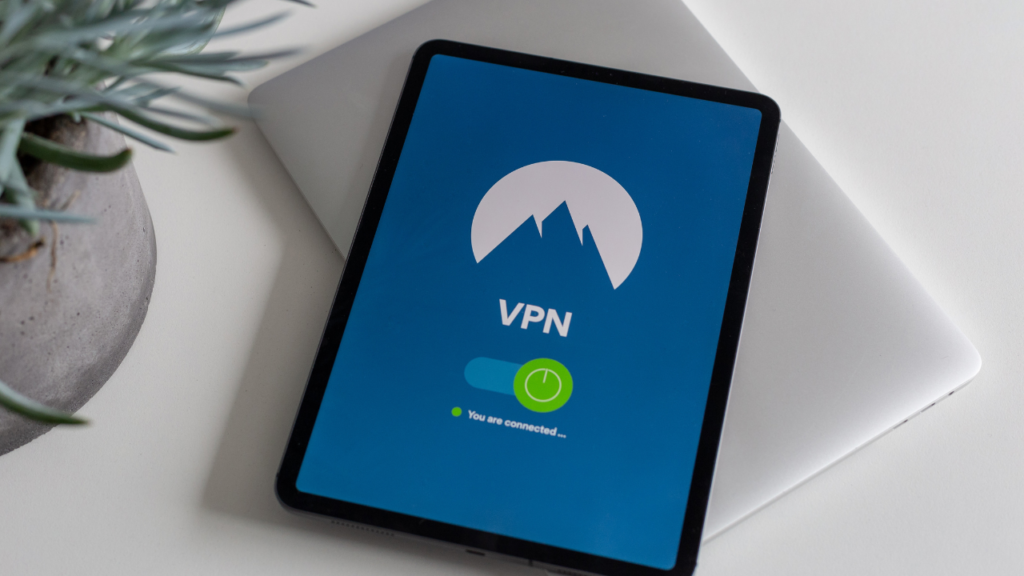14 Eyes – A Serious Threat to Your Online Privacy
DataProt is supported by its audience. When you buy through links on our site, we may earn a commission. This, however, does not influence the evaluations in our reviews. Learn More.
Spy movies are full of super cool characters who make most of us wish we were a field agent in the murky world of espionage. We all want to be just like the protagonists in Hollywood scripts who are only spying on the “bad guys” and not some average Joe surfing the web.
But real life is a little different. Anyone can be spied on, even you. And guess what, it’s entirely legal if you’re located in one of the 14 Eyes countries. Most people dismiss the idea of being placed under surveillance as a complete waste of someone’s time and resources. However, mass surveillance tools aren’t built around that sort of logic.
Still, things aren’t all doom and gloom, and there is no reason why you should burn all your electronic devices and move to some remote island. In the following article, we’ll outline a few simple steps you can take to preserve your privacy online.
What Are the 14 Eyes?
Fourteen Eyes is an intelligence-sharing alliance that was born out of an agreement between the US and the UK. It groups a total of fourteen countries that share intelligence information. The alliance has a number of controversial characteristics. One of its most questionable practices involves spying on citizens through proxy.
For instance, US intelligence agencies may not have legal cover to spy on Americans, but their British counterparts do. In other words, your own government isn’t spying on you, but it still has access to your entire browsing history thanks to its partners in the alliance.
The Edward Snowden revelations concerning mass surveillance affirm that modern Western intelligence-sharing arrangements are primarily focused on the digital world. But these alliances date back to the early days of the Cold War when the Soviet Union and its satellites were the primary targets.
Initially, the 14 Eyes only had Five Eyes – an intelligence alliance that was formed in 1946 by the US and the UK before expanding to include Canada (1948), Australia (1956), and New Zealand (1956). From there, it grew to Nine Eyes, incorporating several European states such as France and Denmark before finally adding another five.
SIGINT Agencies
Snowden’s leaks of highly classified documents from the US National Security Agency were a gift for every conspiracy theorist out there. Finally, they had proof that they were right all along – the government spies on everybody. But the NSA isn’t the only one conducting mass surveillance.
All of the Fourteen Eyes countries have their own Signals Intelligence Agency (SIGINT). Germany has the BND, and the UK has GCHQ. All of them are engaged in near-identical intelligence-gathering activities. They either intercept direct communications between people or electronic signals.
These agencies are heavily reliant on internet service providers and telecommunication companies. The gathered data is inspected in detail and followed up on if necessary. Each of the 14 Eyes countries has domestic laws that make this possible.
From Five to Fourteen
The so-called UKUSA agreement, which dates back to the early 1940s, paved the way for the original five-member alliance. As the Cold War intensified, there was a growing sense of urgency to get Western countries to unite and share information – something Winston Churchill called for in his Iron Curtain speech.
This led to the creation of the ECHELON surveillance system that was set up in the 1960s and originally designed to monitor communications in China, the USSR, and the broader Eastern Bloc. Today, this system consists of electronic spy stations worldwide, which are intercepting data from phones and computers.
The UKUSA agreement was top secret, and even Australia’s prime minister wasn’t made aware of its existence until 1973. Details about the agreement were made public in 2005, and in the years that followed, lawmakers in both the US and the UK have repeatedly scrutinized it.
In 2014, former NSA contractor Edward Snowden leaked classified documents about the inner workings of these agencies and the extent to which they spy on each other’s citizens while circumventing local regulations. The revelations also exposed the focus on the World Wide Web.

The Five Eyes
The initial UKUSA pact quickly expanded to include other allies in line with geopolitical developments on the global stage. The number grew from five to nine, and eventually 14.
Signatories to the Agreement that are not the original five are known as “second parties,” and there are also “third parties.” This definition is designed to determine the level of access specific countries have to NSA databases.
Also, there aren’t any limitations on information sharing within the Five Eyes alliance. But second and third parties do not need to disclose data unless called upon. Citizens of these countries are generally exempt from surveillance, and the international surveillance alliances require approval for such activities. But Snowden explained that in practice, the NSA created a framework to bypass these restrictions and perform global surveillance.
The Eight Eyes
The first unofficial eight-eye arrangement had China and Russia in its crosshairs when France, Germany, and Japan joined the Five Eyes to counter potential threats. North Korea was another target, with South Korea entering the Agreement, as Pyongyang’s military activities, including ballistic missiles, began to pose a potential threat.
The Nine Eyes
Nine Eyes is another intelligence-sharing arrangement. Aside from the original Five Eyes members, it also includes Denmark, Netherlands, France, and Norway.
The 14 Eyes
This group comprises the same members of the Nine Eyes and adds European heavyweights Germany, Italy, Belgium, Spain, and Sweden – what we know as the infamous fourteen are officially named SIGINT Seniors of Europe (SSEUR).
The Alliance in Action
While it’s true that the aforementioned governments have access to your online activities, there is no need to panic. The existence of such treaties is little more than a nuisance if you’re adamant about your online privacy. For starters, you’ll need VPNs and email providers that don’t operate under the Fourteen Eyes jurisdiction.
There have been multiple instances when VPN and email companies shared user data with governments. The most troubling cases involve VPN companies that were forced to collect the data for government agencies without being allowed to inform their users about it. This happened to Riseup, IPVanish, and HideMyAss. On the other hand, Lavabit, a US-based email service, shut down its operations as soon as the US government demanded full access to its user accounts as a part of a 14 Eyes surveillance mission.
Gmail, the most popular email network, is notorious for giving third parties full access to user emails as well as for tracking purchases via inboxes. Yahoo was also cooperating with US surveillance on multiple occasions, scanning emails in real-time.
Whether these intelligence gathering techniques are designed to look over us or look out for us is still a matter of debate. While keeping track of troublemakers is an excellent way to prevent bad things from happening, it can also breach our online privacy and constitute a major threat to any democratic society.
How Can You Protect Your Data From the Prying 14 Eyes?
The best way to keep yourself safe is by using strong encryption for your online activities. You should find a solid VPN solution that prevents intruders from recording your DNS requests and one that makes it impossible for anyone to track your activities through your IP address. It would be best if you also considered going with a secure emailing service, as this is the only way to keep your conversations for your and your recipient’s eyes only.
Here are just some of the services we’d recommend to security-oriented consumers.
1. Best VPNs Outside 14 Eyes Countries
One of the most important aspects to consider when searching for the best VPNs is where the service is based. In other words, make sure you know the country it was founded in and operating from. The jurisdiction can make a difference between a VPN provider handing over your data to government agencies and one that is able to refuse such requests.
Here are our top picks when it comes to VPNs that don’t fall under the jurisdiction of Fourteen Eyes.
- Surfshark (British Virgin Islands)
- Express VPN (British Virgin Islands)
- NordVPN (Panama)
All of these also have a no-logs policy, so you can rest assured that with these VPNs, your data is as safe as can be.
2. Secure Email Solutions
We’ve already touched on the fact that Google and Yahoo, while excruciatingly popular, are not exactly privacy-oriented. So, here are some alternatives:
- KolabNow website (Switzerland)
- ProtonMail review (Switzerland)
- CTemplar website (Iceland)
As you can see, the first two solutions are based in neutral Switzerland. And while you might be used to some more popular options, if you are worried about your privacy online and wish to avoid the extensive Fourteen Eyes surveillance network, you should give one of these a try.
3. Private Search Engines
Everyone uses Google because it is effective and convenient. But many users fail to notice the link between their preferences and the ads that keep popping up. Google is notorious for recording search queries and selling them to the highest bidder. So, you might want to consider switching to another search engine. Here are some of the options:
- Swisscows (Switzerland)
- Searx (open source, no jurisdiction)
Again, both of these don’t fall under any suspicious jurisdictions and are not part of the 14 Eyes surveillance network. This will allow you to surf the web freely without having to worry about your data falling into the wrong hands.
Final Thoughts On Intelligence-Sharing Alliances
For an ordinary online user, all these alliances are not so much a threat as they are a nuisance of knowing that someone can legally monitor your online activity if you fall under a particular jurisdiction. However, this problem is easily solved by taking some basic precautions, such as choosing the right VPN and email providers.


